Here are six big technology related takeaways from this week’s retail results
Many UK retailers reported strong Christmas performances this week, with Tesco, M&S, Sainsbury’s and the discounters leading the way, albeit in part fuelled by inflation. In this article, we look at the key retail technology takeaways from an eventful five days of festive results.
1. Never underestimate the power of Click and Collect
Marks and Spencer pulled a Christmas cracker in 2022 with its best ever food sales.
Even better, after years of fashion woes, the retailer seems to have turned a corner. Clothing and home sales rose 8.6%.
Closing large underperforming stores in high streets and offering Click and Collect services in more popular retail parks in outlets with a smaller footprint is a strategy that appears to be paying off.
Expect it to be accelerated in 2023.
2. Automation is what you need
The Very Group, which operates online retailer Very, announced its Christmas and Black Friday period trading results for the seven weeks to 23rd December 2022.
Very retail sales grew +2.2% compared with the corresponding period in 2021, when Omicron drove strong performance among UK online retailers.
Compared to the corresponding period in 2019 (pre-pandemic), Very retail sales grew +19.6%.
The pureplay increased its share of the total UK non-food online retail market to 7.8%, up from 7.6% in the same period last year.
Lionel Desclée, Group CEO at The Very Group, flagged up the vital role played by automated fulfilment centre, Skygate, allowing the company, as it did, to “meet our customers’ expectations throughout the festive period.”
7.8 million items were processed at Skygate.
216,000 items were processed on 22nd November 2022, the busiest day of the firm’s peak period.
The fastest order during Christmas 2022 was processed and despatched in 10 minutes and 30 seconds, breaking the previous record of 16 minutes.
3. Stores still matter
Sainsbury's this week reported that people are shopping more in-store, as they want to see what they are buying amid the cost-of-living crisis.
Its boss, Simon Roberts, said customers are being "really careful" about where they spend, "and they wanted to come in and see the deals and offers we had".
His comments came as the grocery giant, which also owns Argos, reported that overall sales were up by 7.1% in the six weeks to 7th January.
4. A tale of two channels
It was a good week for omnichannel players like Tesco and M&S, with the former increasing market share and the latter seeing strong non-food growth.
Both retailers have invested heavily in boosting their store and online offerings and bringing the two channels together for compelling omnichannel proportions.
On the pureplay front, however, Asos saw sales slump and announced plans to cut office space and close down storage warehouses.
It is embarking on a £300 million package of “cost mitigation measures” as it battles raging inflation and dwindling consumer demand.
This week’s results are reflective of the evolving customer and the need for retailers to align with their needs to remain competitive.
In these uncertain economic times, meeting shoppers where they are means everything.
5. Online bubble bursts
The Covid-19 e-commerce surge seems a long time ago now, doesn’t it?
UK online sales growth fell to -12% YoY in December, its lowest since March when the rate was still affected by Covid-19 lockdown comparisons.
That’s according to the latest IMRG Online Retail Index, which tracks online sales for 200 retailers.
This caps what IMRG labels “arguably the toughest year ever for online retail”, with growth for 2022 coming in at -10.5% YoY, by far the lowest growth ever recorded for a year and the first time it has been negative (the previous low was +2.7% YoY in 2021).
Growth online for the Black Friday week turned out to be flat, which was a bit better than expected and was out of sync with the low demand of the previous 10 months.
However this turned out to be due to volume being pulled forward, as was evident from the week following it; sales for w/c 27th November fell -7.3%, against a huge decline of -34% for the same week in 2021.
Disruption caused by Royal Mail postal strikes also saw a weak performance for w/c 18th December, as final delivery dates shifted earlier, with sales down -4.7%, and unable to build on the -22.4% decline for the same period last year.
6. Shoppers should be wary of using BNPL services amid wider social pressures
Buy now pay later (BNPL) firms had a very merry Christmas.
34% of UK shoppers have now used BNPL services to spread the cost of purchases, and thousands chose to use them for the first time over the 2022 festive season.
That’s according to research from Equifax, which reveals how the cost-of-living crisis and shifting shopping habits are influencing the use of high cost, short term credit.
Jayadeep Nair, Chief Product and Marketing Officer at Equifax UK, says: “BNPL has become a pervasive part of the shopping experience.”
“As with any form of credit, when shoppers use it responsibly it can be a great budgeting tool to help manage extra spending over the festive period.”
“As BNPL is a form of credit, it now appears within consumer credit reports, which can be viewed by lenders. This may impact lending decisions, therefore BNPL should be used with this in mind.”
“Shoppers do need to be wary of using BNPL to overstretch themselves especially if spending is being driven by wider social pressures.”

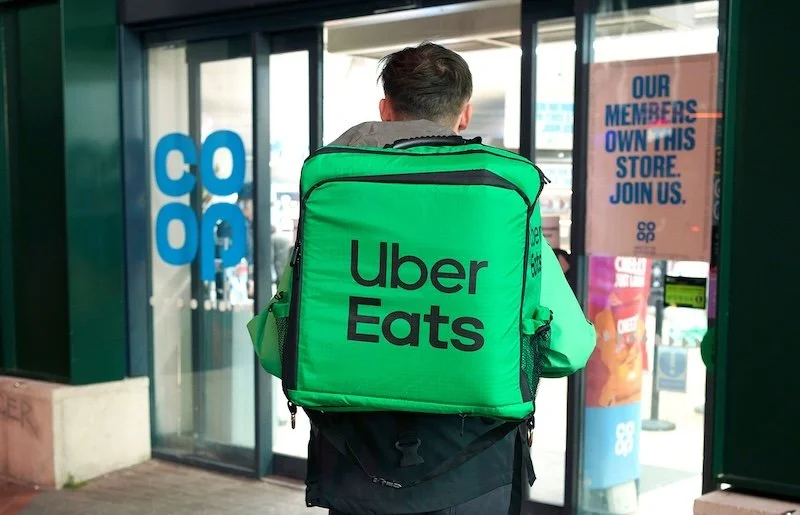





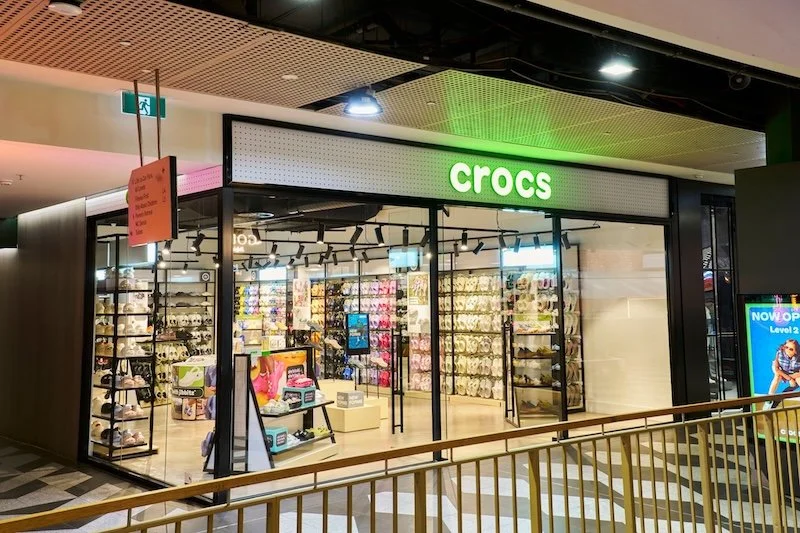
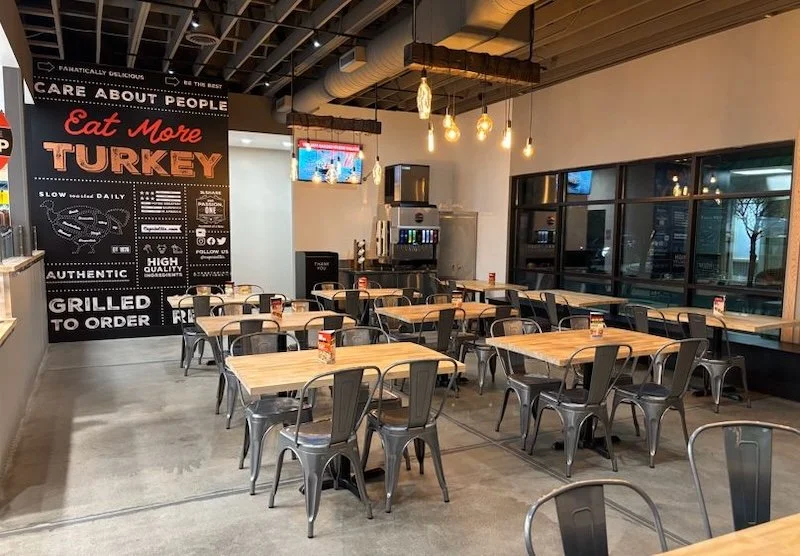
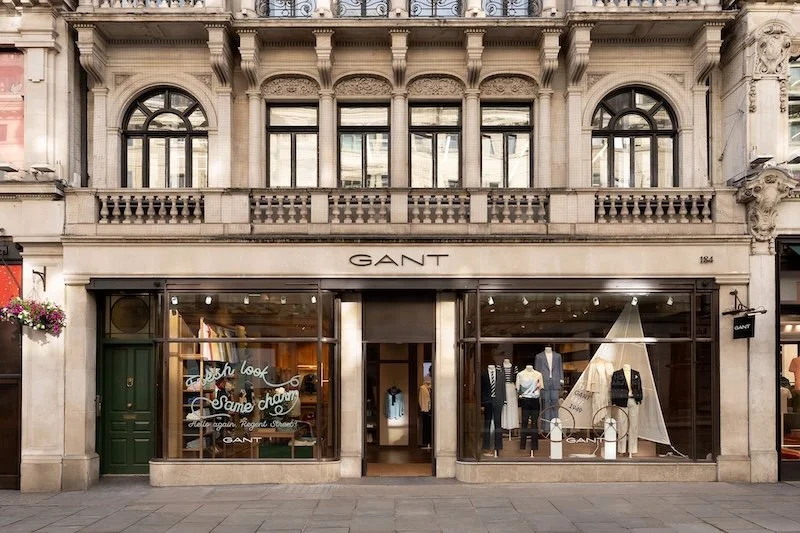
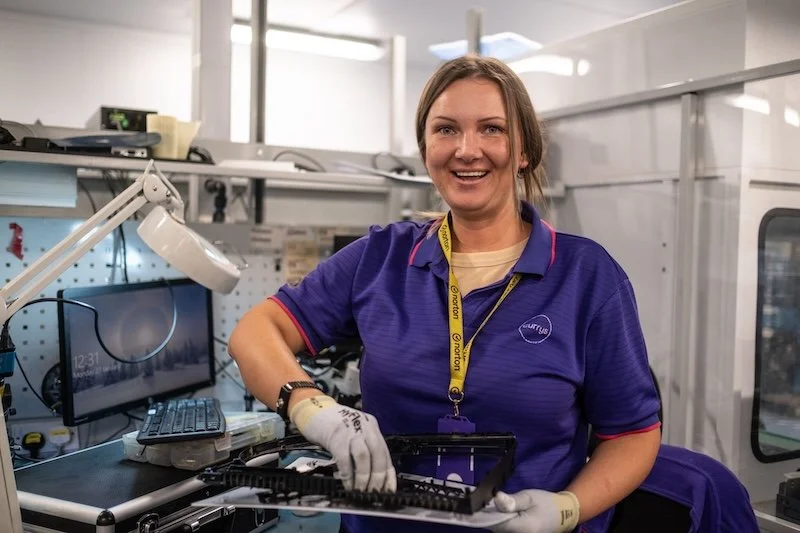
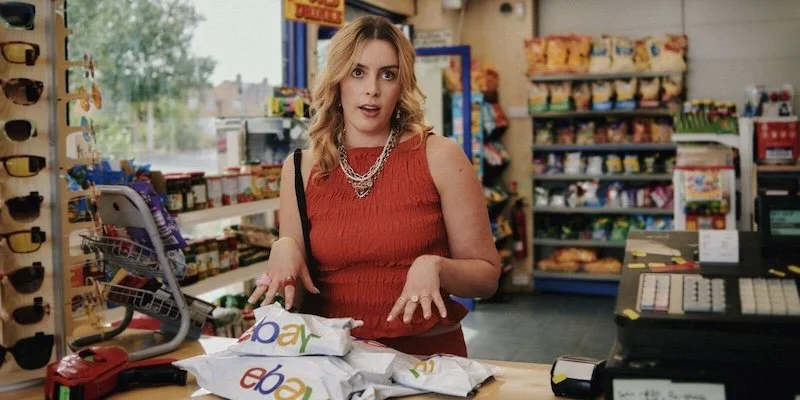
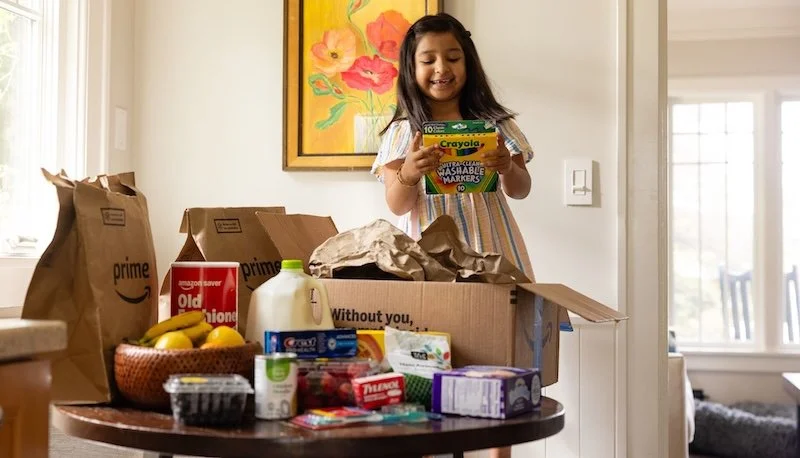


Continue reading…